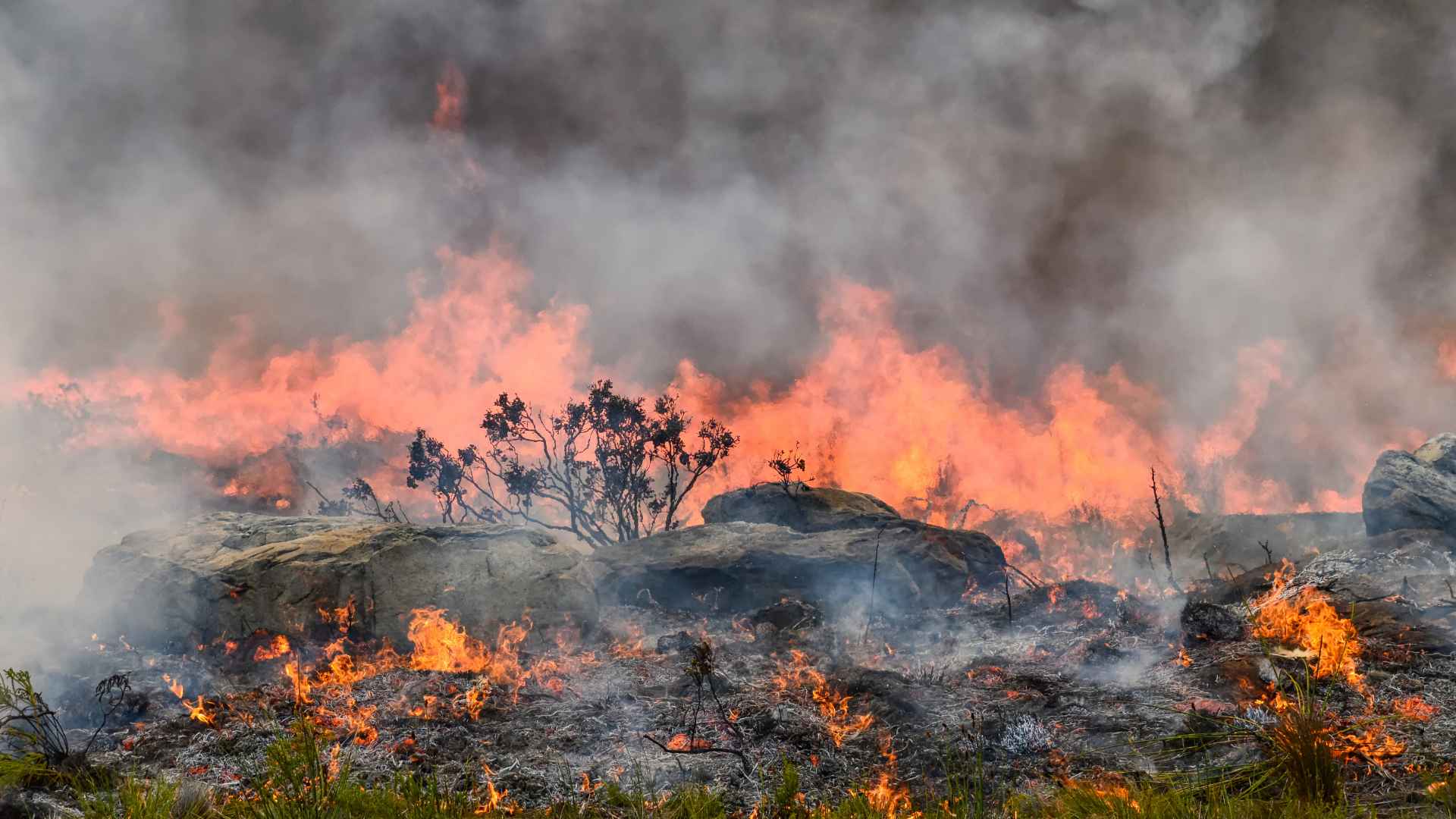In order to meet the government’s goal of having its controversial Climate Bill approved by the end of the Knesset’s summer session (July 28), chairman of the Interior & Environmental Protection Committee, MK Yaakov Asher, conducted an initial hearing in preparation for the bill’s 2nd Reading.
Adam Teva V’Din’s deputy executive director Attorney Tammy Gannot, representing the public interest, pointed out that the climate crisis threatens Israel’s economy, society and environment and yet the government’s Climate Bill – dubbed by critics as the ‘empty vessel’ – bill has a long way to go if it is to anchor in law appropriate GHG reduction targets.

“Israel lags far behind other member countries of the Organization for Economic Cooperation & Development (OECD) in failing to enact a climate law that will drive economic development, transition to a low-carbon economy, and resilience to climate change.”
She also pointed out that in its current form the bill allows the government to change by decree – without parliamentary or public oversight – key elements such as the base year and the targets, as if the the climate crisis is external to Israel’s national, economic, social, environmental and security circumstances.
Adam Teva V’Din’s analysis of the bill in its current form reveals other deep flaws, including:
- Exemption of any government agency from preparing an overall Climate Change Preparedness program;
- No binding deadlines for government ministries to prepare GHG Emission Reduction plans; and
- Low GHG emissions target of 30% by 2030 (in comparison, the EU’s target is 55%)
Attorney Gannot urged the Committee to refrain from supporting the current ’empty vessel’ bill, noting that it does not provide even a minimal framework for dealing with the climate crisis. She demanded that the Committee push the government to come back with an appropriately strong and clear legislative framework without further delay.
In equally strong terms, opposition MK Yorai Lahav-Haretzno said the bill is a “magnificent surrender to the Finance Ministry,” and a dramatic departure from the earlier bill advanced by the previous government. The Manufacturers’ Association charged that the bill lacks implementation budgets and that it will, in its present form, fail “to incentivize the economy to reduce emissions.”
Environmental Protection Minister Idit Silman did not attend the Knesset session and was not accessible for online participation, despite her ministry’s central role in designing and implementing the future Climate Law.





